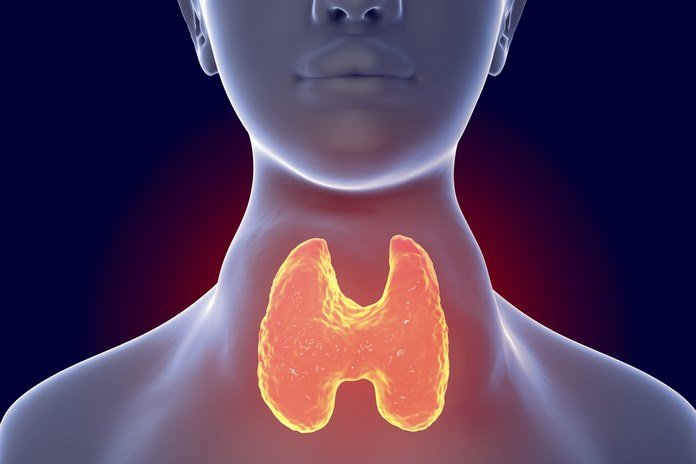Secondary Hyperhidrosis

Secondary hyperhidrosis happens when there is excessive sweating as a result of a medical issue or condition. It is a less commonly occurring type of hyperhidrosis. It is more likely to result in sweating all over the body among the larger body areas. The possible causes of secondary hyperhidrosis include the following:
- Menopause hot flashes
- Diabetes mellitus
- Low blood sugar
- Thyroid imbalance
- Heart attack
- Some types of cancer
- Nervous system disorders
- Infections
- Opioid withdrawal resulting due to some medications
However, recent studies demonstrate very clearly that people having primary hyperhidrosis are no more likely to the feelings of nervousness, emotional stress, or anxiety than the rest of the population while exposed to the same triggers. While the doctors believe that it is opposite to the past beliefs as the mental and emotional feelings that a patient experiences with hyperhidrosis are in fact due to excessive sweating.
Following are some other causes of secondary hyperhidrosis:
- Gout
- Spinal cord injury
- Hyperthyroidism (an overactive thyroid gland)
- Parkinson’s disease
- Obesity
- Respiratory failure
- Pregnancy
- Shingles
- Hodgkin’s disease
- Adrenal gland disorders
- Stroke
- Lung disease
- HIV
- Malaria
- Tuberculosis (TB)
- Certain medications
Some medications including propranolol for high blood pressure, anticholinesterases for Alzheimer’s disease, antidepressants, and pilocarpine for glaucoma can lead to the development of hyperhidrosis in some patients. However, hyperhidrosis does not possibly occur in each person taking these medications but there is a strong possibility in those who are using these medications for a longer time. Several types of over-the-counter and prescription medication can lead to hyperhidrosis.
Sweating is one of the rare side effects in many cases that most people do not even experience. However, excessive sweating is a commonly present side effect of antidepressants like:
- Desipramine
- Nortriptyline
- protriptyline
In addition, people who are taking pilocarpine for the relief of dry mouth and zinc as a mineral dietary supplement can also suffer from episodes of hyperhidrosis or excessive sweating.
Uncovering the underlying medical condition of hyperhidrosis and getting proper treatment for it will aid in decreasing the sweat resulting due to secondary hyperhidrosis. It is best to tell your doctor when you are having an issue with sweating so that it is possible to uncover the causes behind it. However, it is not easy to say how many people are suffering from excessive sweating as most people never visit a doctor’s clinic for sweating. According to dermatologists, almost 3% of people in the United States suffer from excessive sweating. Some people feel utter embarrassment to talk openly about an issue like excessive sweating with their doctors. While others do not even realize that hyperhidrosis is a treatable medical condition.
Although hyperhidrosis is not contagious there are certain triggers that can cause the sweat glands to hyperactivate leading to excessive sweating. According to dermatological studies, there might be varied causes of hyperhidrosis in different patients. There is also a continuation of finding improved and newer treatments to provide relief to the symptoms of hyperhidrosis. There are many effective treatments available to cure the condition of hyperhidrosis. The sweat glands normally produce perspiration which travels to the skin surface when there is a rise in air temperature, you are exercising, you get a fever, or you are under stress, feeling nervous or anxious. After these factors are no longer present or an issue to the body, the nerves that signal to sweat are put on a leash.
